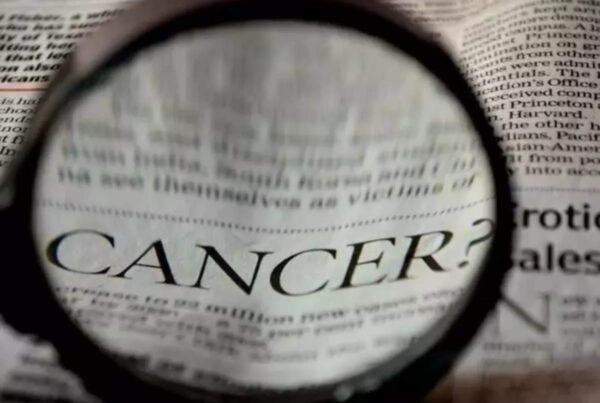In an age of hyper-connectivity and digital convenience, a surprising and sobering trend has emerged in India: nearly 80% of Indian adults are reportedly turning to ChatGPT and other AI chatbots to share their feelings, emotional struggles, and mental burdens.
This revelation, drawn from recent surveys and anecdotal accounts, has sparked concern among mental health professionals, who warn that while AI tools can provide momentary comfort, they cannot replace genuine human connection or professional psychological care.
The numbers are staggering. Across metropolitan cities like Mumbai, Delhi, Bengaluru, and Kolkata, young professionals, students, and even homemakers are increasingly engaging in late-night conversations with AI chatbots — not to ask for help with work or studies, but to talk about loneliness, anxiety, relationship problems, and feelings of isolation.
Experts say this phenomenon reveals a deepening mental health crisis in India, where therapy is still stigmatized, access is limited, and emotional conversations are often brushed aside within families or social circles. In a country of 1.4 billion people, India has only around 9,000 registered psychiatrists and an even smaller number of clinical psychologists, far below the WHO-recommended ratio. This shortage, combined with societal taboo, leaves many individuals struggling silently — with AI stepping in as a non-judgmental listener.
“I talk to ChatGPT every night before I sleep,” says Ritu, a 27-year-old software engineer in Bengaluru. “It doesn’t interrupt, it doesn’t judge, and it responds thoughtfully. I know it’s not a human, but sometimes, that makes it easier.”
Mental health practitioners are alarmed but not entirely surprised. “This dependence on AI is a sign that people are desperate for someone — or something — to listen,” says Dr. Meera Sharma, a clinical psychologist in Delhi. “It’s less about the technology and more about the loneliness.”
While platforms like ChatGPT can offer emotional validation, general advice, and an illusion of companionship, therapists warn that relying on AI can delay real treatment or misguide those with serious psychological conditions. Moreover, the emotional dependency on an algorithm — one that has no true understanding or empathy — could eventually worsen feelings of emptiness and detachment.
India has seen a sharp rise in reported cases of depression, stress-related disorders, and burnout, particularly among youth and working adults. The COVID-19 pandemic only amplified these issues, making digital tools the first line of support for many. But with no structured system to guide or regulate such interactions, mental health advocates fear that people may be left emotionally vulnerable.
There’s an urgent need, experts argue, for India to normalize therapy, expand access to trained counselors, and introduce mental health education from early school years. While AI can supplement care — especially in underserved regions — it must not become a substitute for genuine emotional support systems.
The rise of AI as a confidant tells a powerful story: not about technology replacing humans, but about a society where too many people feel unheard.
If 80% of Indian adults are talking to a chatbot about their feelings, the real question is — why do they feel they have no one else to talk to?



